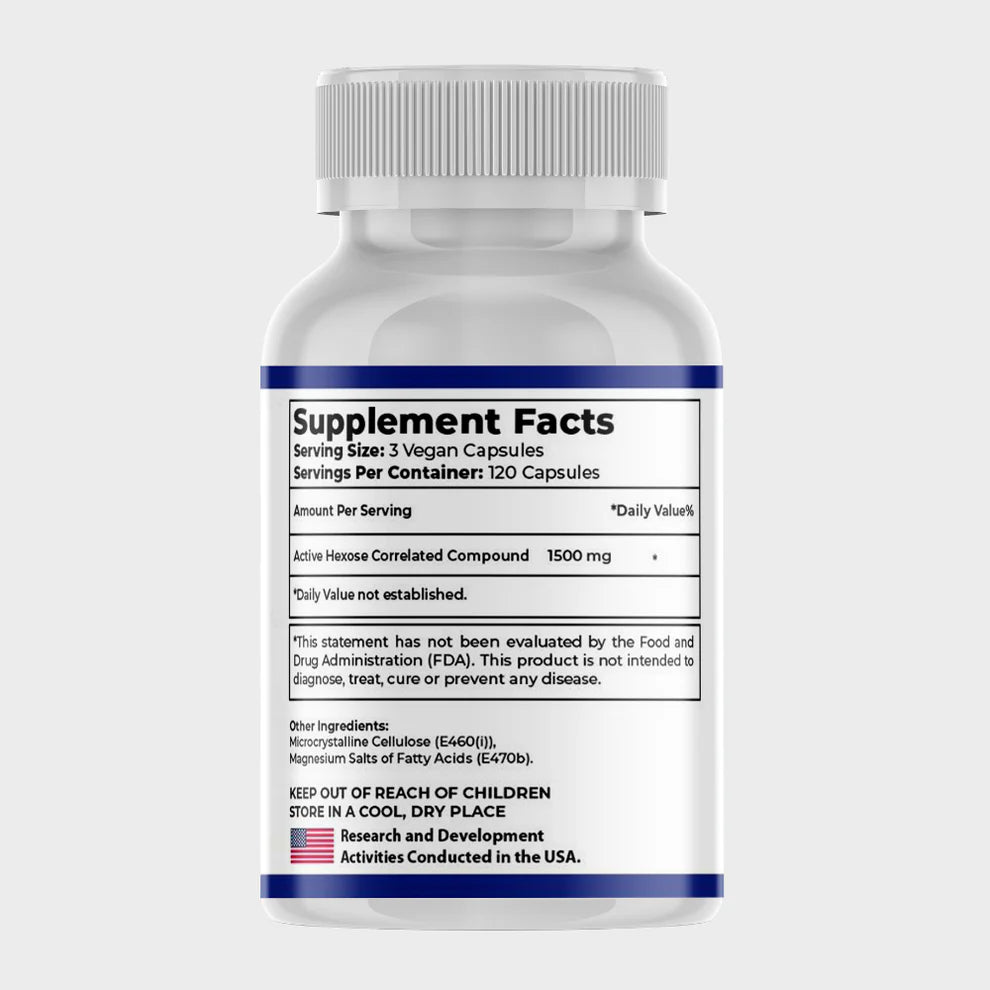Understanding HPV: A Brief Overview
First, let's understand HPV. It's a common sexually transmitted infection that can be transmitted through intimate skin-to-skin contact during sexual activities like vaginal, anal, and oral sex. While HPV is prevalent, it's important to remember that it doesn't define your sexual future. Knowledge is power, and arming yourself with accurate information is the first step toward reclaiming control over your sexual health.HPV and Sex: Dispelling the Myths
Now, let's bust some myths! Contrary to what you may have heard, having HPV does not mean you must give up on a fulfilling sex life. You can still enjoy intimate relationships while taking the necessary precautions. Don't let misinformation hold you back from experiencing the joys of a healthy and satisfying sexual connection.Communication is Key
When it comes to sexual health, communication is paramount. Discussing your HPV status with your partner fosters trust, understanding, and informed decision-making. Remember, you have the right to disclose your status at a time that feels comfortable for you. A supportive partner will appreciate your honesty and work with you to find ways to maintain a healthy sexual relationship.Safer Sex Practices
Safer sex practices are essential for reducing the risk of transmitting HPV. Consistent and correct condom use can significantly decrease the chances of transmission, although it's important to note that condoms may not provide complete protection. To further minimize risks, consider using dental dams during oral sex. Adopting these practices lets you enjoy pleasurable and worry-free encounters while prioritizing your health.Vaccination: Protection against HPV
Here's some excellent news: you can protect yourself and your future partners through vaccination. HPV vaccines are highly effective in preventing the most common types of HPV that cause genital warts and certain cancers. Regardless of gender, vaccinating is a proactive step towards safeguarding your sexual well-being. Please consult your healthcare provider to determine the best vaccination strategy for you.Regular Check-ups and Screenings
Staying proactive about your health means scheduling regular check-ups and screenings. Routine cervical cancer screenings, such as Pap smears or HPV DNA tests, are crucial for early detection and effective management of HPV-related conditions in women. Men should also undergo routine examinations to detect any visible signs of genital warts or other abnormal changes. Knowledge is power, and early detection can lead to timely interventions.







